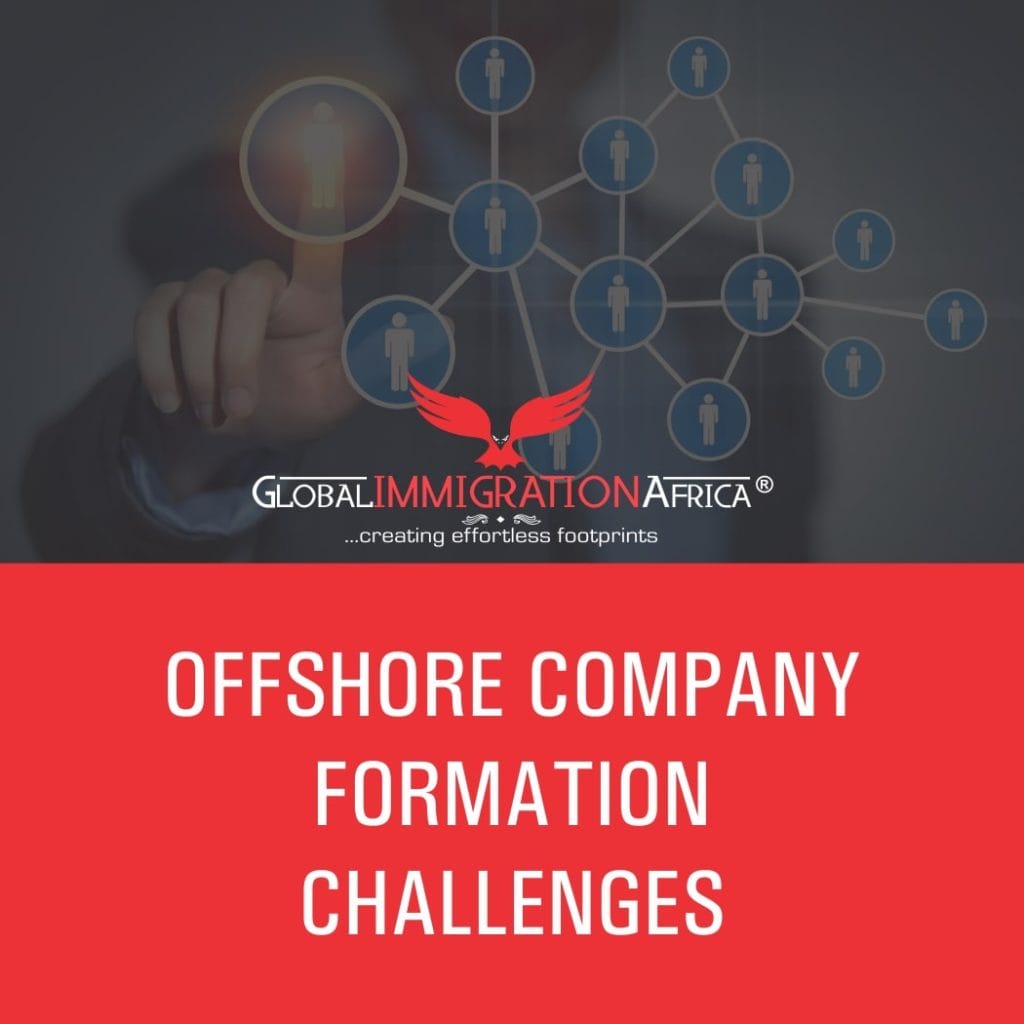We have compiled a list of 4 common challenges that are faced when starting an offshore company
ADDRESS BY MINISTER GIGABA ON THE OCCASION OF THE BREAKFAST BRIEFING TO THE CAPE TOWN PRESS CLUB ON WEDNESDAY, 18 MAY 2016
Good morning ladies and gentlemen,
Thank you for inviting us to this very important interactive session where we get to share ideas on how the better to build a Department of Home Affairs that responds to the needs of its clients, both South African citizens as well as foreign nationals whom we serve.
Last month, during the presentation of our Budget Vote for the 2016/17 financial year to the National Assembly, we provided feedback on some of the initiatives we had outlined for the previous financial year, including plans for this fiscal year. Among others, we announced measures that would assist us in achieving our goal: that ofRe-imagining Home Affairs.
In particular, we referred to a Home Affairs that is “modern, digital, a secure custodian of national identity, responding to the present and future needs and circumstances and run by professionals, operating in a highly secure environment to protect the precious records of the lives of our people.”
In this regard, and in our quest to deliver a quality service to our people, we have partnered with four major banks including ABSA, FNB, Nedbank and Standard Bank to create innovative avenues to expand our footprint for the convenience of our clients. President Jacob Zuma launched this groundbreaking initiative in April, with Smart ID card and passport application services initially available to clients within the 30-35 age group in Gauteng and the Western Cape at the moment.
Further to this, from Monday, 23 May 2016, we will begin to accept applications from those clients who fall within the 25 to 40 age group. This will add impetus to our resolve of replacing the green ID book with the Smart ID card. So far, we have issued over four millions Smart ID cards.
It is our firm belief that this move will help us gravitate towards a modernized Home Affairs we are re-imagining; one where clients will have access to quality services at their convenience and without having to set foot at our offices.
As part of this vision, we therefore have adopted a multipronged approach that encompasses the professionalization of our staff and refurbishment of our offices to adopt a refreshing look and feel.
We have introduced the “Moetapele Initiative” with an aim to address challenges that have a direct impact on client care. This approach seeks to create leaders within all levels of the Department thus building a capable workforce that is committed and driven by passion to serve and honor the Department and government as a whole. In this regard, all our senior managers, including the Director-General, are required to spend a stipulated amount of time at a front office, primarily to experience what it entails to serve our clientele on a daily basis.
We have undertaken to dedicate specific focus to the management of our immigration services, precisely because we believe part of our responsibility is rooted in the National Development Plan, in particular our role in enabling economic development and contributing to national security.
To this end, a Final Draft of the Green Paper on Migration has been finalized, with a view to charting a new trajectory to replace the current international migration policy, which, we believe, does not enable South Africa to adequately embrace global opportunities while safeguarding our sovereignty and ensuring public safety and national security.
Key policy recommendations in this regard include, among others, that we use the visa and permitting regime strategically to retain international students in the country post-graduation to overcome the non-recognition of qualifications, which is one of the critical challenges associated with leveraging skilled foreign nationals.
Consultations with relevant key stakeholders in this aspect are ongoing.
Following the announcement last month that we now have 25 visa applications centres in nine high-volume tourism markets around the world, we have successfully launched five additional centers in China. We now have established centers in Wuhan, Xi’an, Shenyang, Hangzhou and Jinan. This brings to nine, the total number of visa facilitation centers in China, marking South Africa as the second highest footprint after Britain and the highest among the BRICS partners.
This poses a challenge to all of us to begin the real work of promoting South Africa as a prime tourist destination despite various positions we adopted when we introduced the immigration regulations. The onus is on all of us to strive towards creating an environment conducive for our economy to thrive amidst this difficult global outlook whilst balancing our security imperatives.
Recently, we have seen an increase in application volumes from China and therefore believe that these new visa application centers will help us to cater to the growing demand while making application processes easier for applicants.
When we met with you last year, we announced a 10-year multiple entry visa for our BRICS partners. Similarly, earlier this year, I approved the granting of 10-year multiple entry visas to business and academics from Africa. We will, this year, dedicate our energies to concluding bilateral agreements with our sister countries in the continent on issues related to easing of travel. South Africa is open to business and thus, our point of departure is premised on the notion that our African partners are pivotal to our economic development.
With regard to the Border Management Agency (BMA), following Cabinet’s approval of the introduction of the draft Border Management Agency Bill into Parliament, the Department embarked on a consultation process with the National Economic Development and Labour Council (NEDLAC) in November 2015 to ensure maximum consensus, among all relevant constituencies, on the policy framework of the draft BMA Bill.
This process was concluded earlier this month and we now expect that the draft Bill will be formally introduced into Parliament in June 2016. This marks a significant move in continued efforts to finalise processes to establish the BMA. In the current financial year, the BMA Project Management Office will be focusing on the development and implementation of an overall change management strategy in preparation of the establishment of the BMA in April 2017. Amongst some of the key tasks that will be undertaken in this regard, is the preparation of detailed Operating, Organisational, Human Resources and Financial Models for the Agency.
We continue to ensure that in all of these, the Department of Home Affairs remains a credible organization intent on safeguarding the integrity of our National Population Register, where all our people are proud of, and value, their identity and citizenship.
In this regard, we remain vigilant towards incidences of fraud and corruption. In July last year, we launched Operation Bvisa Masina, which is Venda for ‘Weeding out the Rot’.
Close to 50 people, including officials and members of the public, have been arrested and are in the process of appearing before various courts around the country. Violations include facilitation of fraudulent marriages; aiding and abetting of illegal foreign nationals; bribery; theft of revenue as well as selling of asylum seeker permits and birth certificates.
We are committed to creating a Home Affairs of the future; we continue to re-imagine a Home Affairs that is modern; digital; and a secure custodian of our national identity responding to the present and future needs and circumstances.
I thank you.

